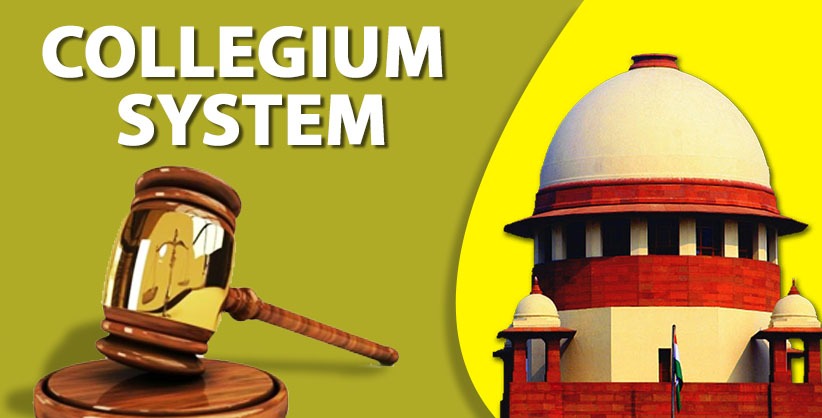NEW DELHI: The Supreme Court on Thursday told the Centre that the Collegium system for appointment of judges is the law of the land and the comments made against it is not very well taken.
Following a barrage of attack by Law Minister Kiren Rijiju as well as Vice President Jagdeep Dhankar on existing system for appointment of judges in the SC and HCs, a three -judge bench presided over by Justice Sanjay Kishan Kaul said, "Any law declared by this court is binding on all stakeholders" and "making comments on the Supreme Court collegium is not very well taken.
"Just because there are some sections of the society who express a view against the collegium system, it will not cease to be the law of the land," the bench said.
The bench also emphasised that the apex court judgment, which formulated the Collegium system for judges' appointment must be adhered to.
"There are sections in society who do not agree with the laws made by the Parliament. Should the court stop enforcing such laws on that ground," the bench further said, adding if everyone in the society decides which law to follow and which law not to follow, then there would be a breakdown.
The court was taking up a batch of petitions, including a contempt petition by Advocates Association, Bengaluru, questioning the delay in Union government approving the names cleared by the Collegium system for appointment of judges.
"We keep saying this that it appears this situation arises because NJAC did not pass Constitutional muster. Why should court pass laws that section of society obejcts to," the bench asked, while reminding Attorney General R Venkataramani that keeping the names pending affected hierarchy and stopped meritorious people from taking up the offer as judges.
The court asked the AG to sort out the matter, even as he had raised questions on Memorandum of Procedure and a SC's seven-bench judgement expressing reservation on Collegium system in picking up suitable candidates.
Senior advocate Vikas Singh, president of the Supreme Court Bar Association referred to recent statements made by the Law Minister and the Vice President about the collegium system.
"Tomorrow, people will say basic structure is also not a part of the Constitution! You have to tell them to control," the bench told the AG.
The AG said that there are two instances where the Collegium itself dropped the reiterated names which were sent back by the Centre and this gave rise to a perception that the reiterations might not be conclusive.
The bench responded that these are isolated cases, which cannot give license to the government to ignore the Constitution bench judgement, which clearly laid down that Collegium reiterations are binding. It observed that when there is a judgment, there is no room for any other perception.
The top court urged the AG to play a constructive role in engaging with the government on the issue of delay of appointment of judges. The bench said the scheme of our Constitution requires our court to be the final arbiter of law and Parliament has the right to enact a law but the power to scrutinize it lies with the court.









